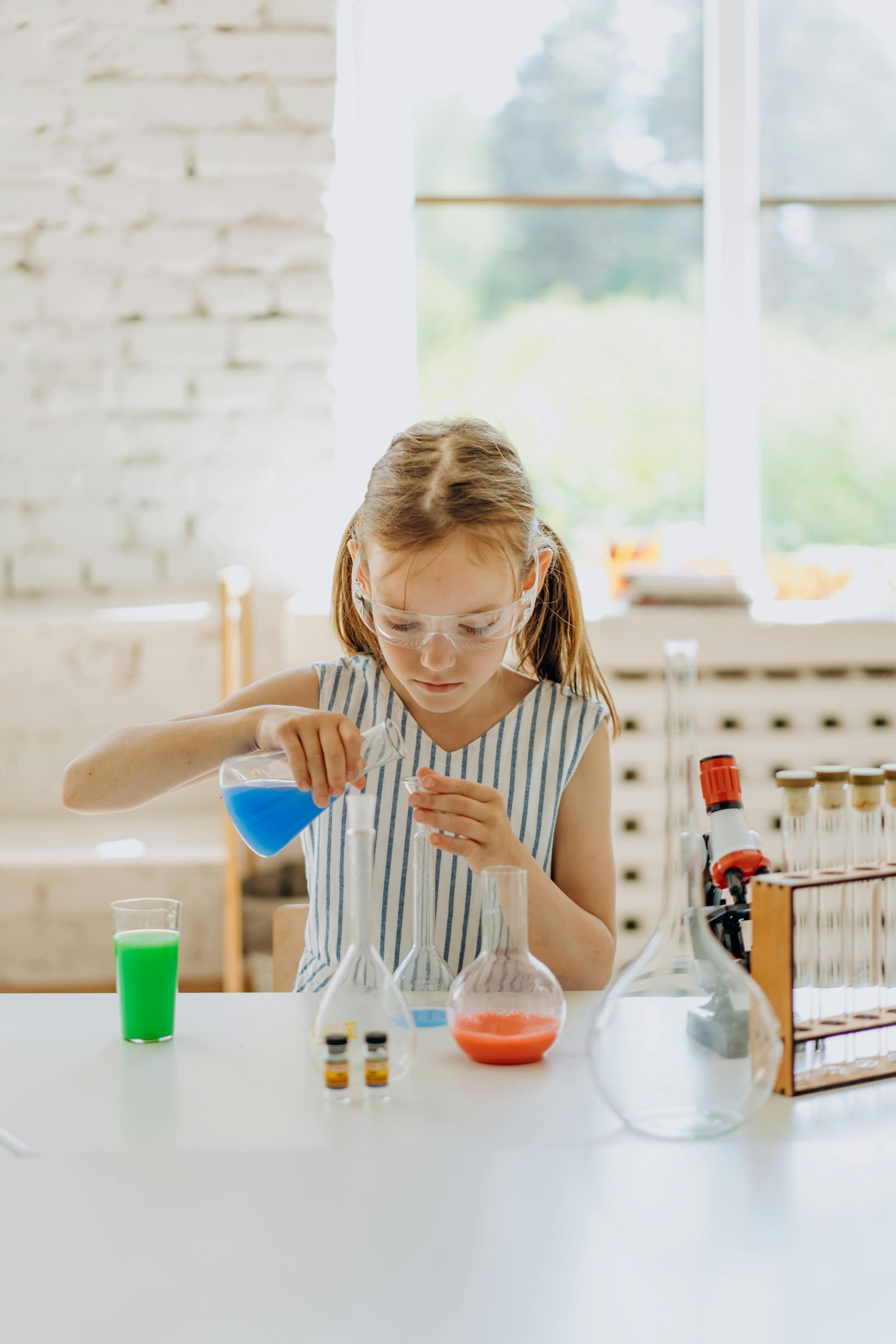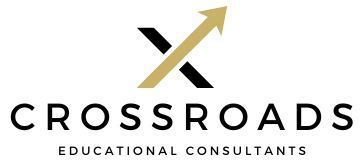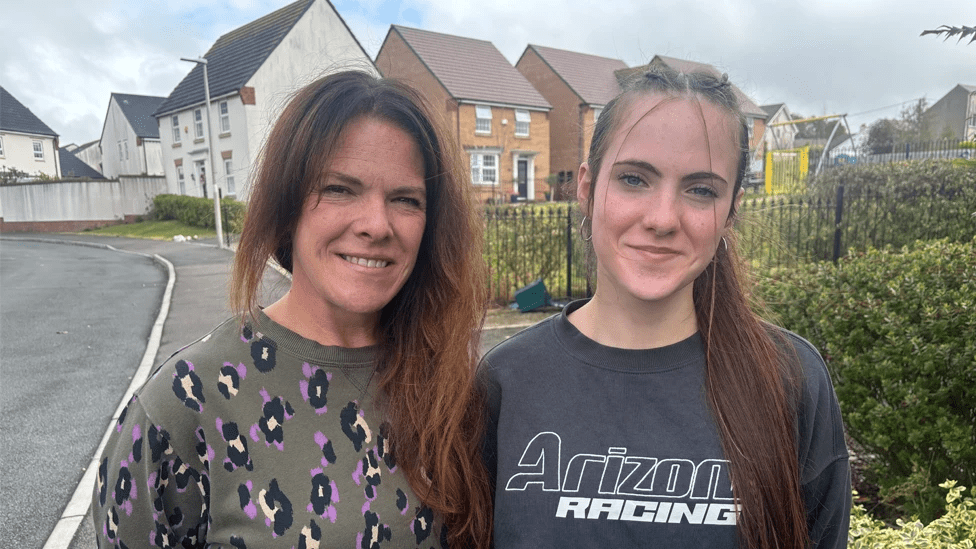
Why I Fear The New Curriculum For Wales
The New Curriculum for Wales aims to give schools more flexibility, promote creativity, and better prepare students for life beyond the classroom. But while the policy is filled with good intentions, not every parent feels confident in its implementation.
In this article, I want to share the growing fears I carry as both a Welsh parent and a Science teacher of 20 years. I’m deeply worried about slipping educational standards, inconsistent teaching across schools, and the unknown long-term impact on our children’s futures. This isn’t just policy on paper — it’s their lives, their opportunities, and their sense of security that feel at stake.
As a parent of two children—one aged 14 and the other 12—I find myself standing at a curious crossroads in Welsh education. My son, currently 14, will be sitting the majority of his GCSEs under the “old” system. My daughter, however, will be part of the first full wave of students learning and being assessed under the new Curriculum for Wales. And honestly? I’m worried.
To say I’m thankful that my son will complete the traditional GCSEs is an understatement. He’s a highly motivated young man with a clear goal: he wants to join the Royal Navy. He knows what he needs to do, and the road ahead is signposted with well-established milestones. His qualifications will align closely with those across the border in England. When he applies for university—or anything else, for that matter—his grades will be instantly understood and respected. There’s comfort in that clarity.
But then there’s my daughter.
She’s only just starting her journey in secondary education, and already, I’m anxious about what lies ahead. The new Curriculum for Wales sounds impressive on paper. It promises flexibility, creativity, learner-centred progress, and freedom from the pressure of “teaching to the test.” In principle, it’s exactly the kind of approach we dream of for our children. But in practice? I fear it may be a very different story.
A “freer” curriculum only works well when the assessments match the teaching. That model can flourish when individual schools set their own exams based on what they’ve actually delivered. But we’re not living in that world. We still have external qualifications. The mantra may be “don’t teach to the test,” but as soon as you introduce national assessment criteria, schools must align with them. And let’s be honest—if we’re assessing, there’s always a test of some kind.
How Will the New Curriculum for Wales Affect Our Children’s Futures?
My biggest concern? I don’t know what qualifications my daughter will ultimately walk away with. As a Science teacher of two decades, I’ve seen firsthand the value of teaching Biology, Chemistry, and Physics as separate disciplines. Will she instead study a single, merged “Science” qualification under this new system? And if so, will that dilute the depth of knowledge she needs—especially if she chooses a science-based university course later?
I can’t help but wonder if she’ll be disadvantaged compared to students in England or Northern Ireland, where more traditional routes remain intact. Will she be left trying to catch up in a competitive world that still values subject-specific expertise?
Are we watering things down too much? Giving too much freedom without the structure needed to ensure equity across the UK?
I don’t have the answers.
But I do know what parents like me are hoping for.
What Parents Really Want from the New Curriculum for Wales
Parents want a curriculum that:
- Ensures consistency across schools
- Prioritises subject depth as well as creativity
- Supports all learners, including those with additional needs
- Provides clear, measurable outcomes
- Allows meaningful parental involvement
These aren’t radical demands. They’re common-sense expectations from those of us trying to support our children through a time of massive educational change. It’s worth remembering that Scotland took a very similar approach when they launched Curriculum for Excellence. In the end, they had to row back—because it just didn’t work the way they’d hoped. That’s not to say Wales will do the same, but I can’t ignore the warning signs.
I do have a choice. Working in the world of Home Education, I know I could step in. I could ensure she follows a more traditional pathway—structured GCSEs, clear specifications, the same qualifications as her brother. It would give her the same playing field. Is that the route I want to take?
Right now, I don’t know. But I’m watching closely.
You can find more information in the Welsh Government website Hwb.
You can also download “A guide to the new Curriculum for Wales” here.
Have thoughts or experiences with the New Curriculum for Wales? Join the conversation below or share your story — your voice matters.
Share



